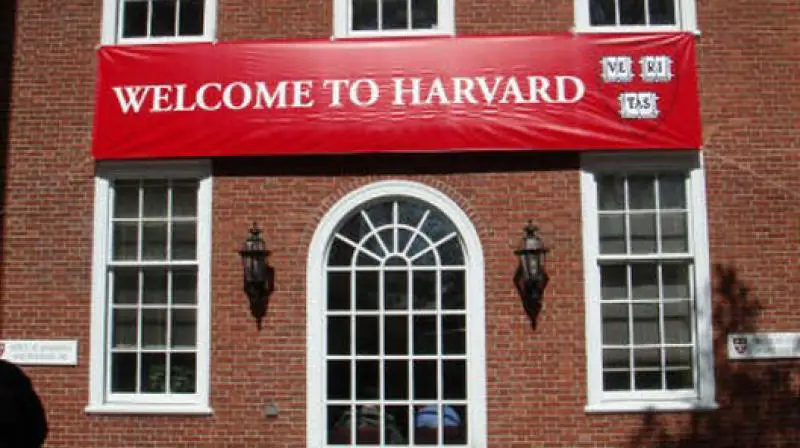More support is pouring for Students for Fair Admissions (SFFA), an organization that sued Harvard University in 2014 for allegedly preferring whites, blacks and Hispanics at the expense of more deserving Asian American students.
Many leaders and representatives of Asian-American communities will support fair admissions by holding a mass rally at Boston’s Copley Square on October 14.
The latest development comes a month after more than 500 social scientists and organizations, including the Asian American Legal Defense and Education Fund, the American Civil Liberties Union, and various Harvard alumni groups, filed briefs in support of the university.
In August, the U.S. Department of Justice filed a statement of interest before the court and alleged the school of rating applicants of Asian-American origin lower on leadership and ability scores.
The rally, dubbed “Rally for the American Dream—Equal Education Rights for All,” which is being hosted by Asian American Coalition for Education (AACE) and other partnering organizations, is expected to be the largest Asian-American demonstration for educational rights.
The event will feature inspirational speeches from various Asian-American leaders including Vijay Jojo Chokalingam, Stanley Ng, Yukong Zhao, Lee Cheng, Edward Blum, Shiva Ayyadurai and SB Woo.



